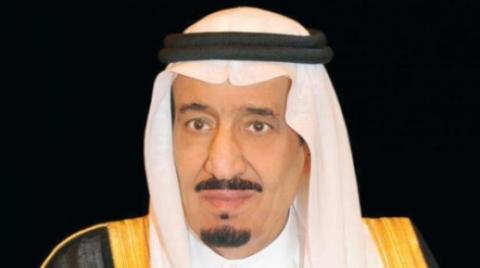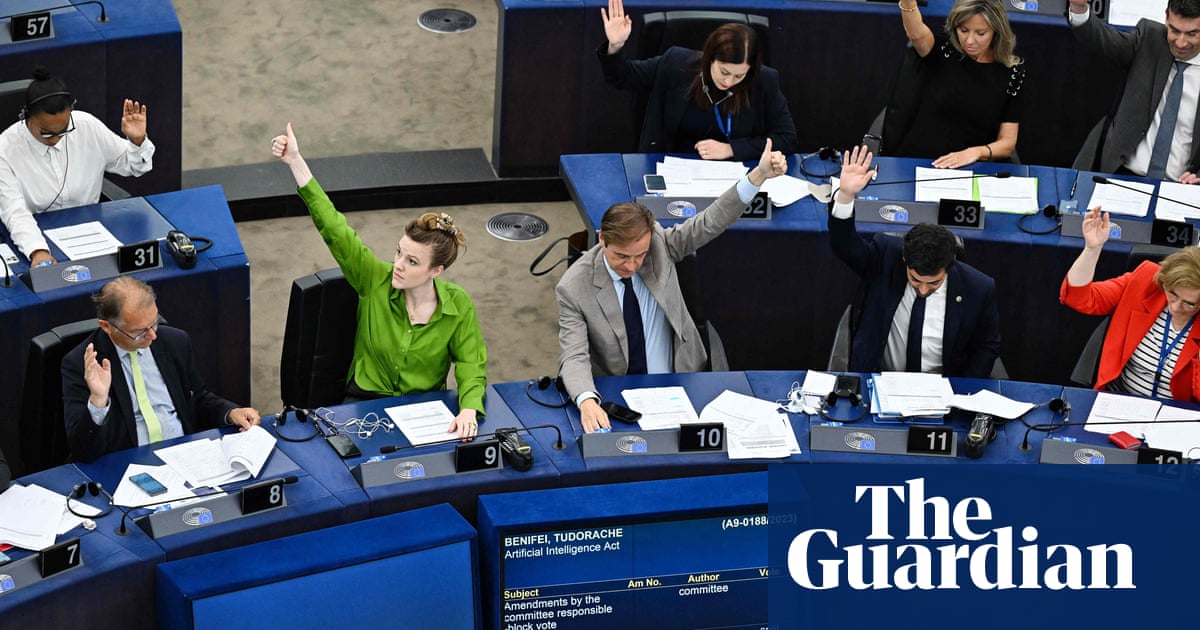
Nine soldiers serving with the regional G5 Sahel force were killed by an improvised explosive device in Mali early this month. This attack against the G5 Sahel, which is made up of military forces from Burkina Faso, Chad, Mali, Mauritania and Niger, is the latest in what must be understood as a clear and present threat to the governments of the region.
Covering 5 million square kilometers, the G5 countries have deployed troops across three sectors (west, central and east), with each composed of two to three battalions. Each battalion will consist of 650 troops, for a total of 5,000. In addition to the member countries, the force is supported by a coalition of 26 countries and the EU.
Importantly, the G5 is designed to help the Sahel region better combat security threats from extremists, though funding has remained an obstacle. In December, the European Commission announced funding of 125 million euros ($141 million) for the G5 Sahel countries at the partners and donors coordination conference in Nouakchott, Mauritania. Donations from the Gulf states are particularly generous and helpful, although sometimes at cross purposes.
From a European standpoint, the EU supports the efforts of the G5 Sahel countries in the fight against terrorism, organized crime and any other threat to security, stability and peace. The EU wants to reinforce its regional approach in the Sahel with the aim of supporting cross-border cooperation, regional cooperation structures and, in this context, enhancing the national capacities of the G5 Sahel countries. Stability in the Sahel region is key for European security.
To meet that security requirement and need, the EU Common Security and Defence Policy missions in the Sahel, the EU Capacity Building Missions (EUCAP) in Mali and Niger, and the EU Training Mission (EUTM) in Mali were established in June 2017. The first step allowed for the establishment of a regional coordination cell (RCC) within a joint military concept based within one of the EU civilian missions, EUCAP Sahel Mali. The RCC included a network of internal security and defense experts deployed in Mali, but also in EU delegations in the other G5 Sahel countries.
This structural expansion is to help joint force military and police components improve cross-border cooperation. Interestingly, EUCAP Sahel Mali and EUCAP Sahel Niger are ahead of their development curve and will be able to conduct punctual and targeted activities of strategic advice and training in other G5 Sahel countries. EUTM Mali already supports the operationalization of the G5 Sahel joint force at its headquarters. It may provide training outside its mission area on a case by case basis.
France is reaching out to Arab partners for assistance in countering terrorist ideologies in the Sahel by coordinating messages about the ills of extremism and violence.
Dr. Theodore Karasik
Stability in the Sahel is key to the region’s future development. France plays a major role in this sphere from both a strategic and economic vantage point. In January 2013, France launched Operation Serval in Mali to counter a militant Islamist insurgency that threatened to topple the government in Bamako. In August 2014, Serval was transformed into Operation Barkhane, which consists of about 4,500 soldiers throughout the G5 Sahel countries and a budget of about $797 million per year. It has three major bases: In the Chadian capital N’Djamena, where the headquarters and joint staff are located, and command posts in Gao, Mali, and Niamey, Niger. In October last year, Barkhane expanded its area of operations to Burkina Faso at the request of the Burkinabe government, which is facing a rise in militant Islamist attacks. These attacks are growing in frequency and thus a greater focus on the Sahel by Paris is pushing for a greater effort by partners to support the Sahel countries.
France is reaching out to Arab partners for assistance in countering terrorist ideologies in the Sahel by coordinating messages about the ills of extremism and violence. These messages, which are in both French and Arabic, are helping to shape the strategic space that these terrorist groups are able to operate in by reducing support. The unique nature of the extremist groups in the Sahel — mostly led by the Macina Liberation Front, which is inspired by Al-Qaeda in the Islamic Maghreb and Ansar Dine’s fundamentalist theoreticians — illustrates where government weakness allows groups to operate and conduct illicit financial activity across weak borders.
Grievances, such as poor economic conditions and ethnic racism and hatred, litter the Sahel and these factors feed into extremist recruitment strategies. Historical drivers such as the former theocratic Macina Empire, which from 1818 to 1863 encompassed a large territory comprising the Segou, Mopti and Timbuktu regions, is part of the landscape. The Macina Empire, which was dominated by the Fulani ethnic group, applied Islamic rule across its territory. These tendencies to bring back historical antecedents but in an updated and violent mode is shaping the security environment across the Sahel.
By attempting to garner control of the Sahel in a cross-border manner, the EU and partners are hoping that stability will bring investment, especially the development of rail infrastructure across this part of Africa. The Sahel, and ultimately the Chad Basin, is another part of Africa that has direct implications not only for Europe, but the Middle East as well. This is why the battle for Libya’s south, which stretches into Niger and Mali, is so critical at this time. US, French and other forces from these countries are in the midst of cutting illicit networks that were tied back to Libya’s south and the ratlines of illegal migration.
Naturally, the US is invested in the Sahel through a number of mutual interests with Europeans, especially France, at this juncture but, for the Trump White House, the Sahel is a local issue, at least publically.
Dr. Theodore Karasik is a non-resident senior fellow at the Lexington Institute and a national security expert, specializing in Europe, Eurasia and the Middle East. He worked for the RAND Corporation and publishes widely in the US and international media. Twitter: @tkarasik
Disclaimer: Views expressed by writers in this section are their own and do not necessarily reflect Arab News" point-of-view












